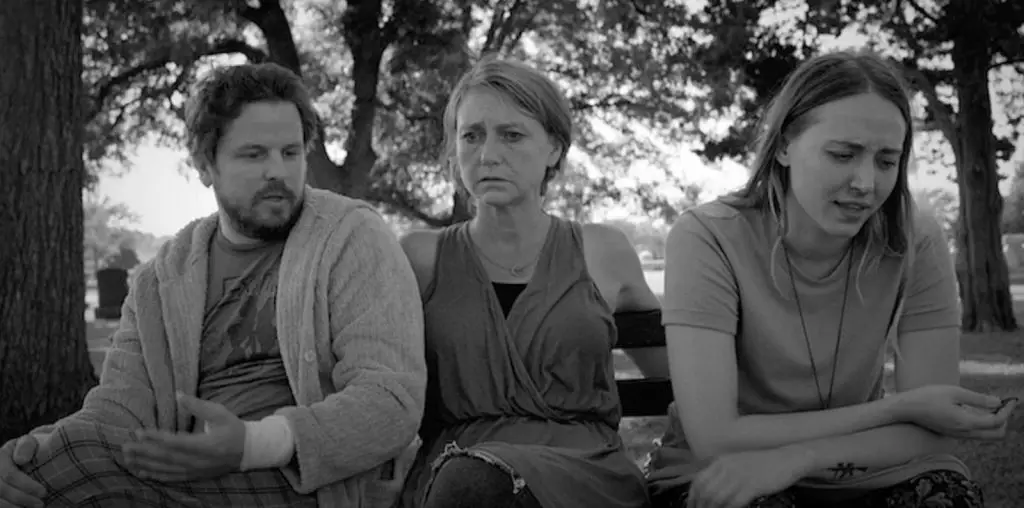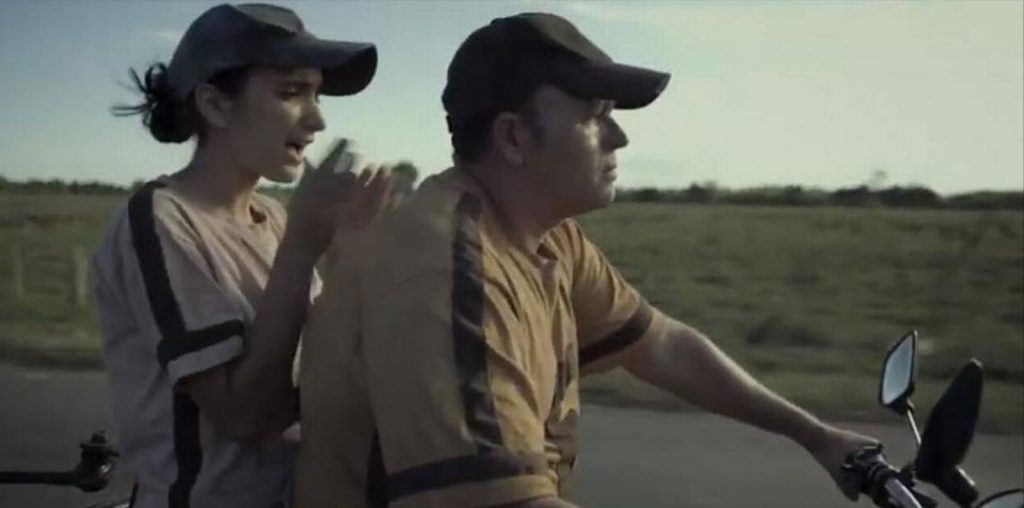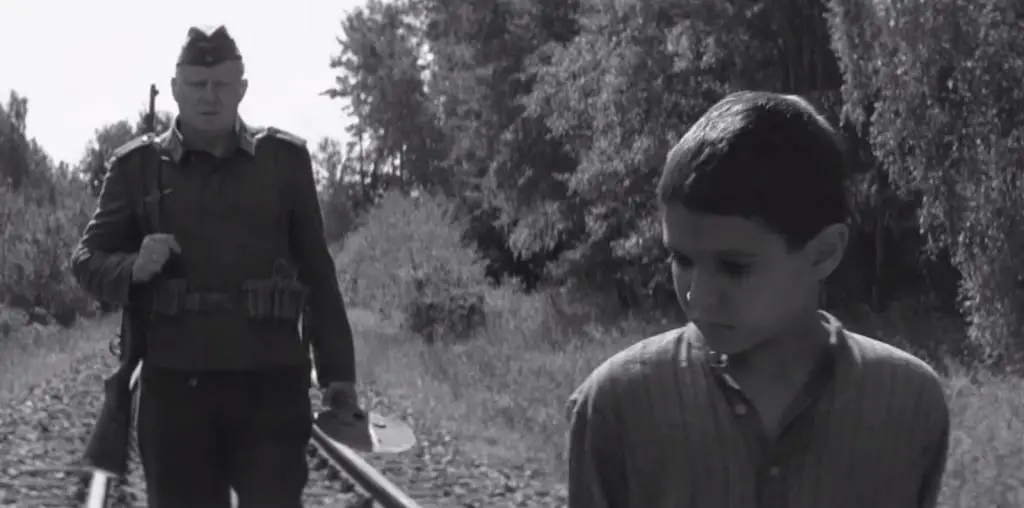
The film was drawn from Armstrong’s experience working at domestic violence shelters. He handles the serious sequences well, particularly one involving Jim questioning a teenager whose father repeatedly beats her when he’s not taking her out on photography trips. The writer-director is equally adept at moments of humor. The film’s jokes, for the most part, are well-timed and effective. It’s the mixture of the two, along with a plethora of genres, themes, and statements that doesn’t entirely coalesce.
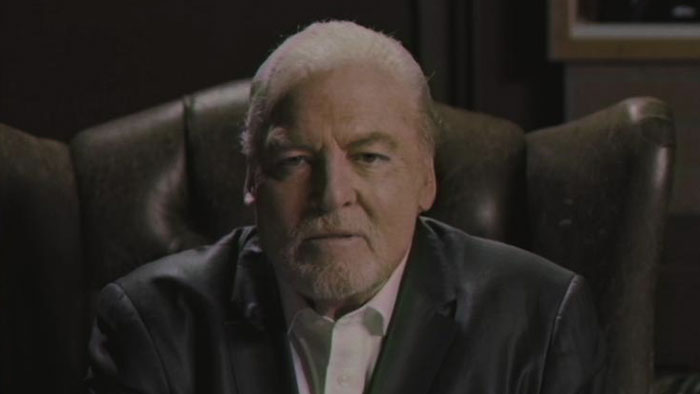
“…wish Armstrong’s own stabs were sharper…”
For one thing, Survival Skills deliberately switches perspective, from Keach’s “training video” POV to Jim’s “conventional narrative,” the latter becoming more and more detached from the former. While this is a deliberate choice, it raises a lot of questions. Are the cameramen following Jim in real-time? Is Jim a virtual creation, existing entirely to serve the purpose of the video, before becoming human? O’Donnell plays him as befuddled, naïve, child-like, almost robotic, earnest to the nth degree, embodying the stereotype of a “sensitive cop”. Does Armstrong indict the police force (as the heartfelt officer testimonies indicate), the society that turns its back on violence (Jim ignored pleas for help at the local church), or Jim’s methods of resolving it? All of the above?
Perhaps those questions don’t require an answer. Armstrong may claim it’s all a part of this surreal odyssey. In one sequence, the Narrator rewinds Jim, over and over again, in an attempt to correct his course of action. Another scene involves training classes that practice shivving. I do wish Armstrong’s own stabs were sharper, but Survival Skills has so much going for it, one may feel tempted to go along for the ride, bumps and all.
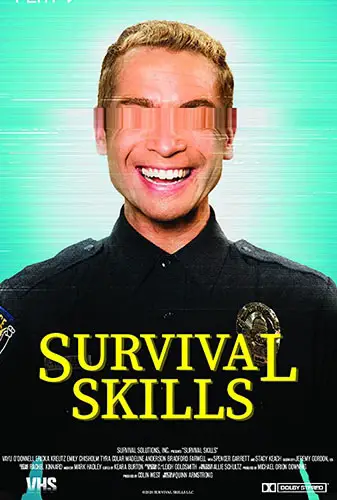
"…drawn from Armstrong's experience working at domestic violence shelters."
